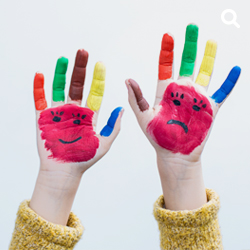INTRODUCTION
Are You a Perfectionist
You are not sure if you have unrealistic demands of perfectionism. You feel a constant need to push yourself to achieve and pay close attention to details.
Perfectionism can become toxic and dysfunctional when people set standards that are impossibly high and believe they are worthless or failures when they can’t meet them. Often, dysfunctional perfectionism leads to feelings of discouragement and self-doubt and is the core of many mental health issues such as depression, anxiety, workaholism, and insomnia.
The following assessment may help you become more aware of how perfectionism may be affecting your life. Try to respond to the way you usually think, feel, and behave. Use the rating scale and indicate the number for each question. At the end of the assessment, total up your score.
















